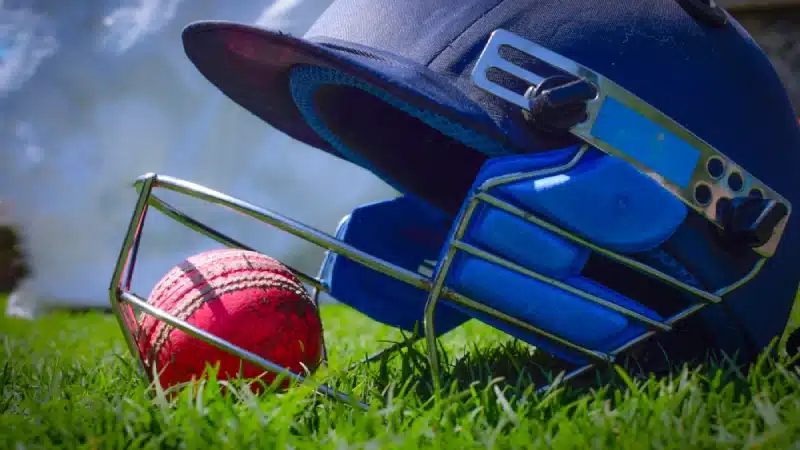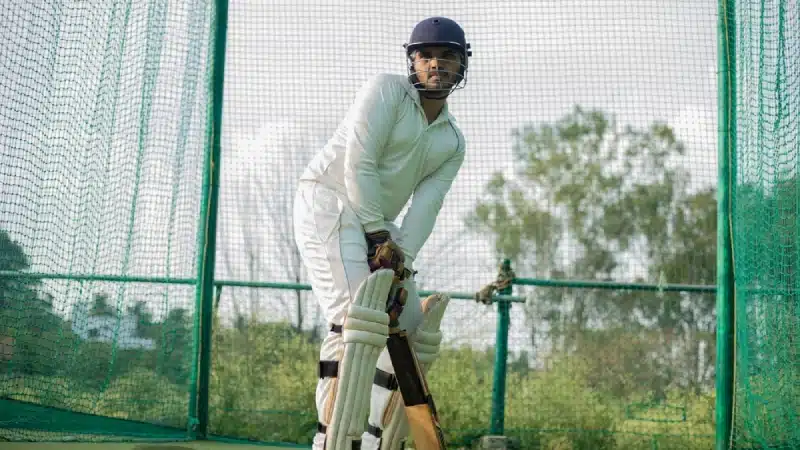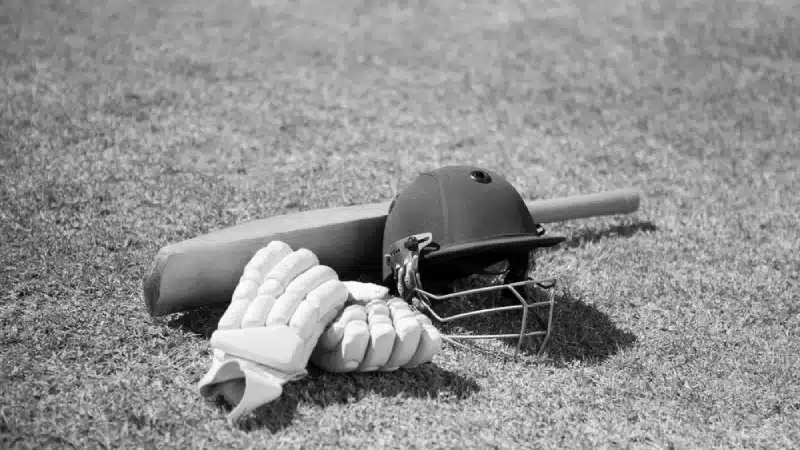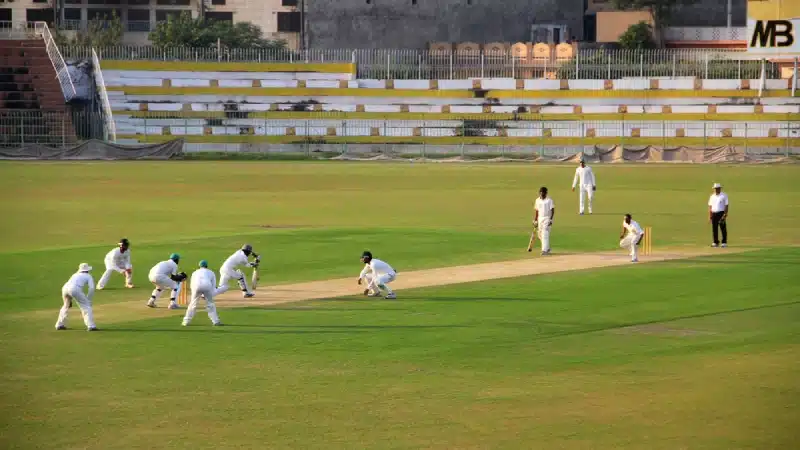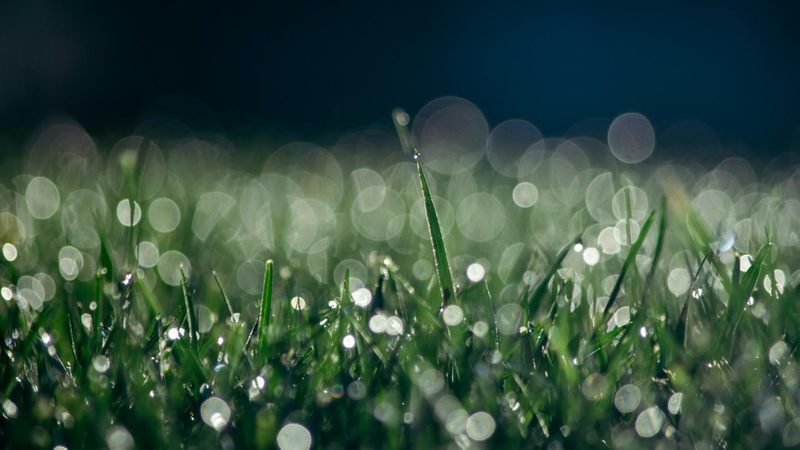
Day-night cricket has often witnessed the impact of heavy dew on match outcomes.
The dew factor in the Indian subcontinent plays a major role in making strategic decisions, such as whether to bat or bowl first. Under such conditions, the toss-winning captain would prefer to chase in a cricket match.
Under the lights, the team batting second often gets the advantage as dew tends to get heavier as time passes by during the second innings that usually takes place later in the evening.
Hence, dew is considered to be a blessing for batters while it affects the performance of the fielders and the bowlers, especially the spinners.
The presence of dew on the cricket field makes it difficult for the bowlers to grip the ball and can also disrupt their line and length.
Before we talk about how to counter this natural phenomenon, know what is dew in cricket.
What is Dew in cricket?
In cricket, dew refers to the presence of excessive moisture on the playing field, usually in the form of dew which could make an impact in deciding the outcome of a match, played in the evening or at night.
Due to the aftermath of a process called condensation, the moisture in the air turns into water as the night sets in.
Among cricket playing nations, the hot and humid conditions in the sub-continent present significant dew-related challenges for teams batting second.
In essence, due is a nightmare for bowlers - both spinners and pacers - to deal with as it hinders their accuracy and ability to grip the ball in a manner in which they can execute their lines and lengths in keeping with the plans of the team.
How to counter dew?
The International Cricket Council (ICC) introduced a protocol aimed at diminishing the impact of dew on match outcomes.
The global governing body of cricket advised ground curators to retain a substantial amount of grass on the pitches. This strategic move was aimed to ensure that fast bowlers remain relevant throughout the match, reducing the dependence on spinners and promoting true playing surfaces.
Additionally, bowlers tuck in a towel or a rag to wipe the water droplets off the ball in order to counter dew.
The other way to bowl is not to be dependent on the friction that allows spinners to turn the ball. Hence, those spinners who roll their fingers or flick the ball off their hand won’t be affected with the presence of dew.
Photo credit: Unsplash












